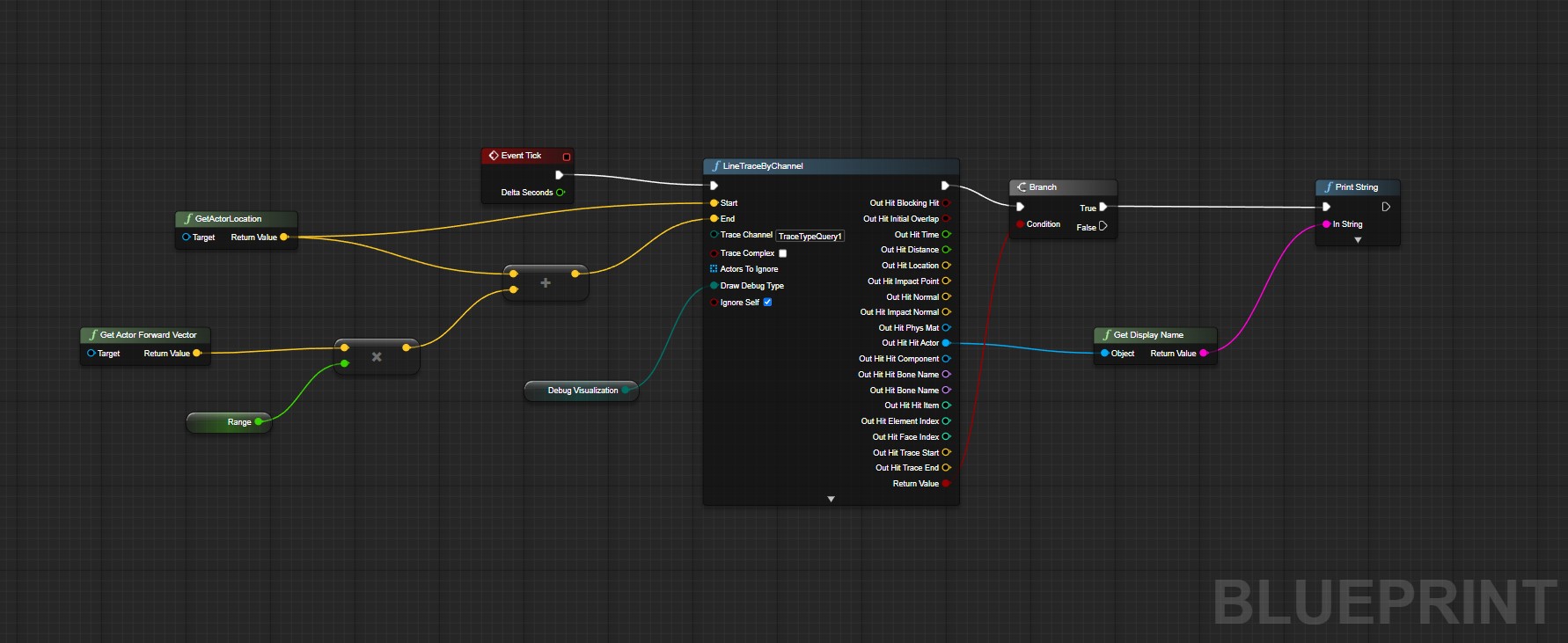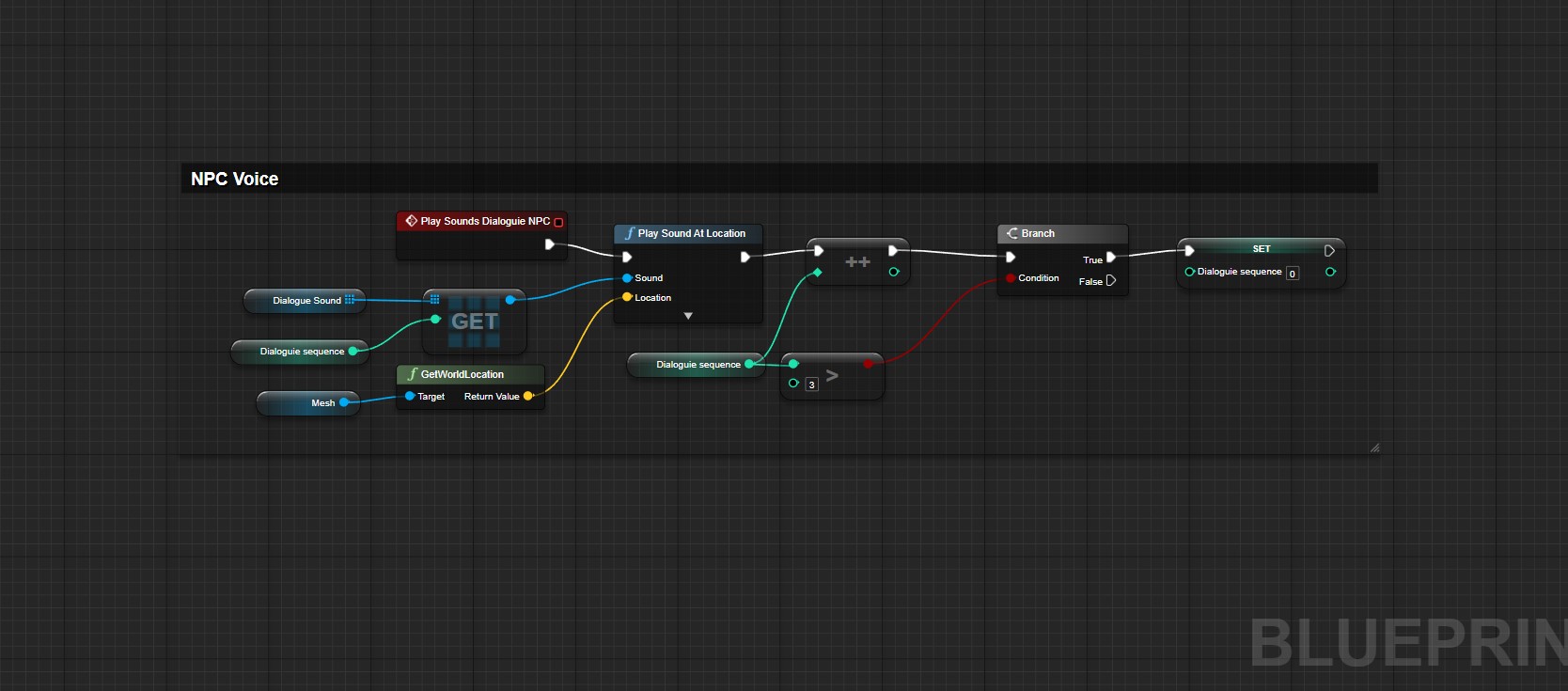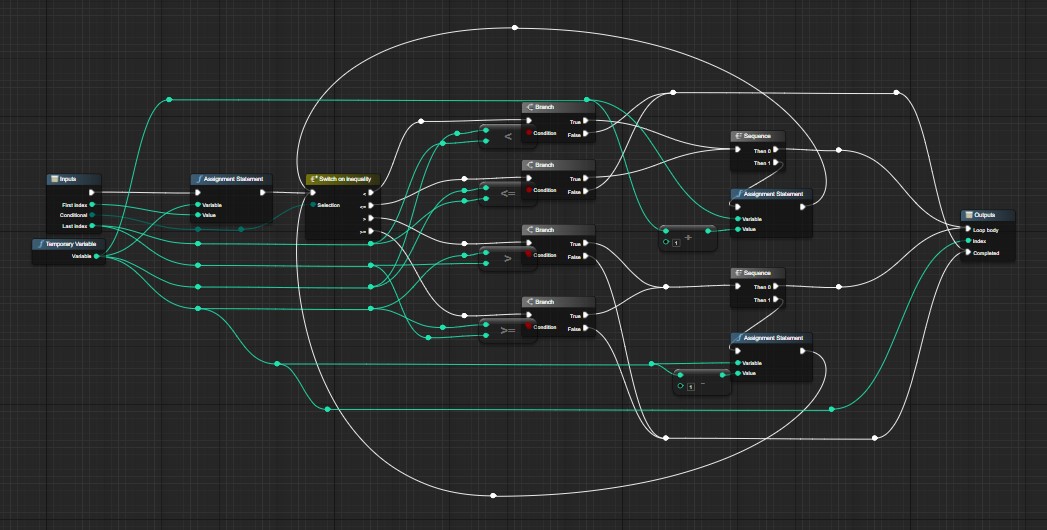In a bold maneuver to outmaneuver US sanctions, Russia allegedly funneled a colossal $5 billion through premier banking institutions JPMorgan Chase and Citigroup, according to a recent bombshell report from the Wall Street Journal. Investigators at the Department of Justice (DOJ) have unveiled this intricate scheme, revealing how Russia utilized a state-controlled bank to move billions through US correspondent banks before channeling the funds into Turkey.
**Breaking Down the Alleged Evasion Scheme**
The DOJ’s scrutiny of this covert operation links it to Gazprombank, a state lender not sanctioned, which facilitated the movement of $3 billion through Citibank and an additional $2 billion through JPMorgan. The transactions were strategically disguised as financial support for a nuclear plant. Surprisingly, it was through this camouflage that Russia attempted to establish an offshore dollar fund with Turkey’s state-owned Ziraat Bank.
While the DOJ’s alarm bells triggered a freeze of the $2 billion that passed through JPMorgan, the White House intervened. Amid complications of diplomatic sensitivities with Turkey—an essential ally in the Middle East—the DOJ has thus far abstained from probing JPMorgan or Citigroup for potential violations related to these billion-dollar transactions.
**Diplomatic Dilemmas and Legal Implications**
This sophisticated financial maneuvering raises several geopolitical and legal challenges. Russia’s alleged scheme demonstrates a cunning approach to bypass established economic sanctions, exploiting the operational frameworks of global banking behemoths. Additionally, the West faces a conundrum balancing enforcement of sanctions with the potential diplomatic fallout of involving nations, such as Turkey, in economic hostilities.
As the DOJ pursues civil forfeiture for the frozen $2 billion, the situation underscores the complex interplay between international finance, legal strategy, and diplomacy. With the Wall Street Journal’s revelations coming to light, the global community remains watchful of how these economic stalemates might unfold and potentially reshape international sanction enforcement.
**Looking Forward**
While JPMorgan and Citibank are not currently under investigation, skeptics argue the event highlights vulnerabilities within the global banking system that could be exploited for sanction evasion. As both financial institutions and governments ramp up their compliance and enforcement measures, this unfolding story serves as a powerful reminder of the ever-evolving global financial landscape where economics, politics, and legal frameworks intersect dramatically.
Stay tuned for further developments as more insights are expected to emerge from this high-stakes global financial intrigue.




















































